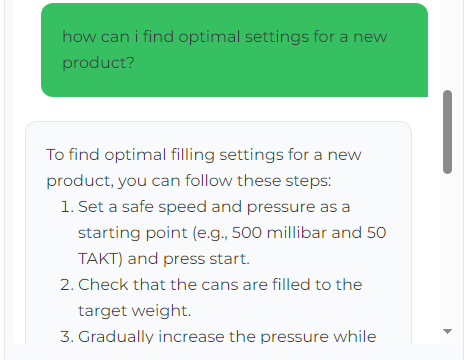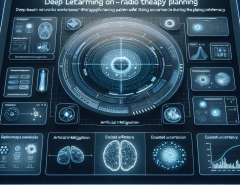Authors: Samuel Kernan Freire, Chaofan Wang, Evangelos Niforatos
Published on: February 07, 2024
Impact Score: 8.22
Arxiv code: Arxiv:2402.04955
Summary
- What is new: This research investigates the integration of large language models like GPT-4, Llama2, and Gemini into cognitive assistants (CAs), comparing their performance to traditional intent-based systems in knowledge-intensive tasks.
- Why this is important: Traditional cognitive assistants are limited by predefined user intents and conversation patterns, struggling with the diversity of natural language in knowledge-intensive tasks.
- What the research proposes: The study explores the adoption of advanced natural language processing models (LLMs) to make CAs more flexible and human-like in their responses.
- Results: LLM-based CAs showed improvements in user experience, task completion rates, usability, and perceived performance over traditional intent-based systems.
Technical Details
Technological frameworks used: NLP
Models used: GPT-4, Llama2, Gemini
Data used: User study comparing LLM-based CAs to intent-based systems
Potential Impact
This advancement could disrupt markets relying on traditional customer service technologies and those developing NLP solutions, benefiting companies in the technology, customer service, and knowledge-intensive sectors by offering more efficient and effective cognitive assistants.
Want to implement this idea in a business?
We have generated a startup concept here: CogniFlex.



Leave a Reply